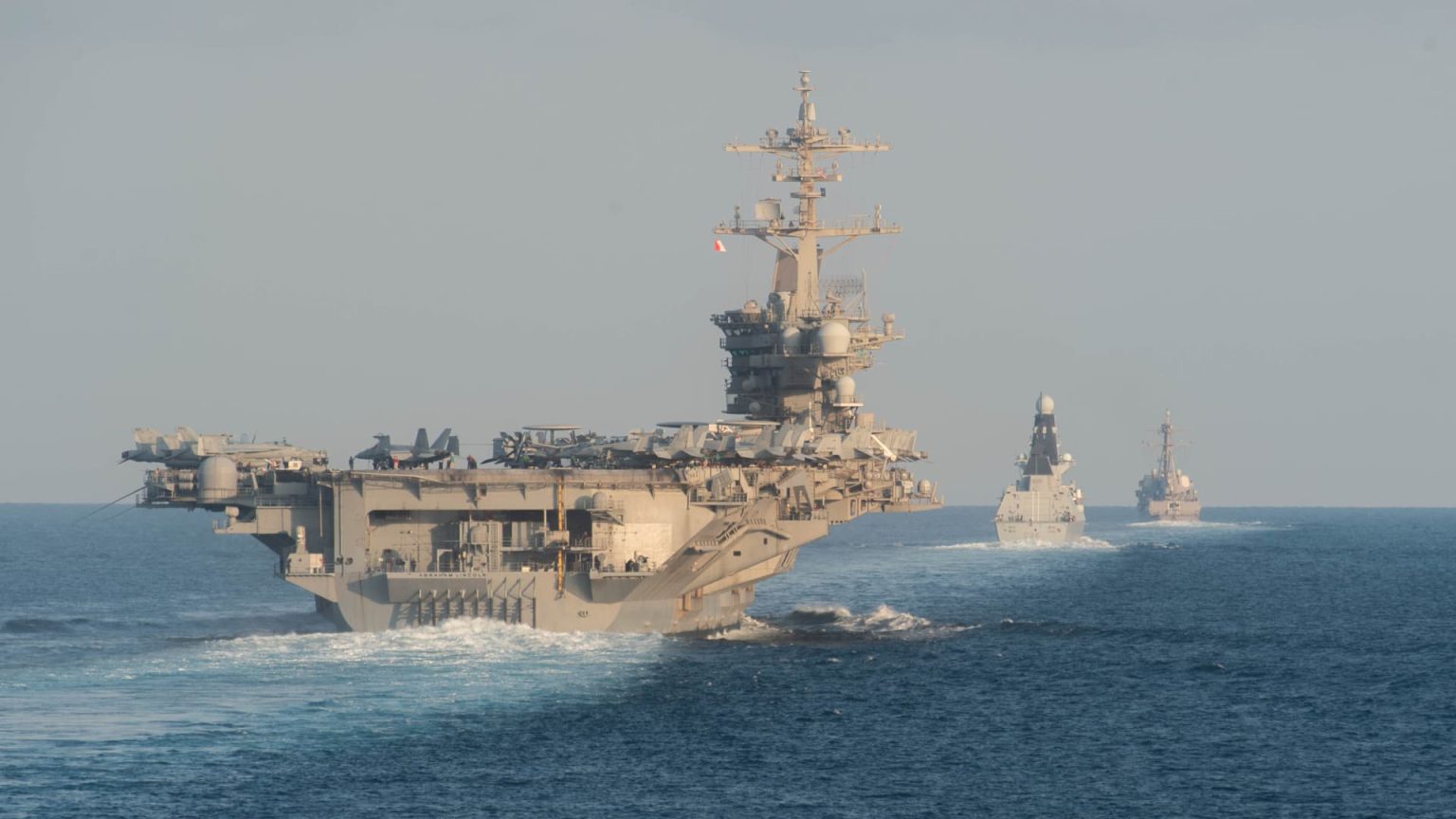The United States is increasing its military presence in the Middle East to defend Israel, according to a statement from the Pentagon. Defense Secretary Lloyd Austin has reaffirmed the U.S.’s commitment to defending Israel and stated that the military force posture and capabilities in the region are being strengthened in response to escalating tensions. This includes sending a guided missile submarine and accelerating the transit of a carrier strike group equipped with F-35C fighter jets. The decision comes after a call between Austin and Israel’s Defense Minister Yoav Gallant in response to Iran’s threats of retaliation against Israel following the killing of Hamas’ former political chief Ismail Haniyeh in Tehran on July 31.
Iran’s leadership has vowed retaliation against Israel for the killing of Hamas’ former political chief Ismail Haniyeh in Tehran on July 31, which they claim Israel carried out. Israel has not commented on the matter, leaving the region on edge waiting for Iran’s response. The military escalation in the Middle East is in part a response to those threats of retaliation by Iran, a country that supports Hamas. The potential for further conflict and violence in the region is significant, especially considering the existing tensions between various countries and factions in the Middle East.
The United States’ decision to increase its military presence in the Middle East is intended to deter aggression and defend its ally, Israel. By sending additional troops and military hardware to the region, the U.S. is signaling its commitment to ensuring the security and safety of Israel in the face of escalating tensions and threats. The strengthening of military force posture and capabilities is seen as a necessary step to address the rising threat level in the region and maintain stability amidst political uncertainty and potential conflict.
The call between Defense Secretary Lloyd Austin and Israel’s Defense Minister Yoav Gallant underscores the strong partnership between the United States and Israel, as well as the importance of close cooperation and communication in addressing regional security challenges. The decision to increase resources and military presence in the Middle East is a show of support for Israel and a demonstration of the U.S.’s commitment to standing by its ally in times of need. The specific measures taken, such as sending a guided missile submarine and accelerating the transit of a carrier strike group, are designed to enhance readiness and response capabilities in the region.
Iran’s threats of retaliation against Israel following the killing of Hamas’ former political chief Ismail Haniyeh in Tehran have heightened tensions in the Middle East and raised concerns about potential military escalation. The situation remains volatile as Iran has not yet responded militarily to the act, leaving the region on edge awaiting their next move. The uncertainty and unpredictability of the situation make it crucial for the United States and its allies to maintain a heightened state of readiness and preparedness to respond to any potential threats or acts of aggression in the region.
Overall, the decision to increase the U.S. military presence in the Middle East, particularly in support of defending Israel, reflects a strategic response to the evolving security challenges facing the region. By strengthening military force posture and capabilities, the United States is sending a clear message of deterrence to potential adversaries and reaffirming its commitment to supporting its allies. The ongoing tensions and threats in the region highlight the importance of close coordination and cooperation among regional partners and allies to address common security concerns and maintain stability in the face of increasing threats and conflicts.


